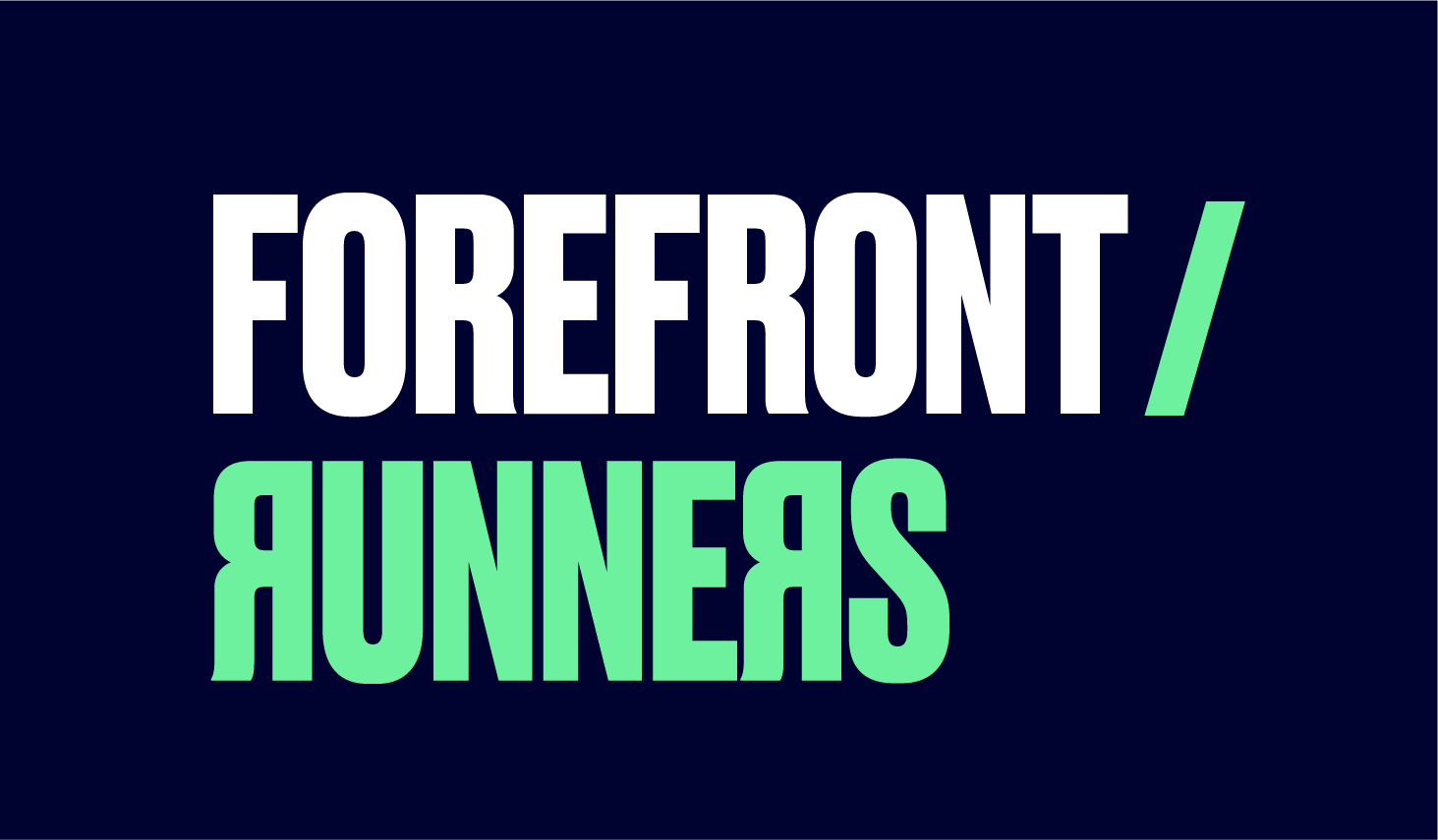The Rise of Athlete-Founded Direct-to-Consumer Brands.

From sports stars like Ana Markovic, Christian Fuchs, Venus Williams, and Dwayne Johnson to entertainment icons like Kim Kardashian and content creators like Mr Beast, a new wave of influencer-founded direct-to-consumer (DTC) brands is reshaping the landscape of e-commerce.
Influencers and creators have uncovered the potent fusion of their fame and business acumen, channeling their reach into thriving DTC ventures. These brands aren't just business endeavors; they're platforms for elevating their already sizable followings to unprecedented levels.
Why has there been such an explosion in influencer-founded DTC brands?
This evolution was an inevitability, with influencers poised to leverage their personal brands for substantial e-commerce opportunities. The triumph of athletes in this domain laid the groundwork for the ensuing generation of influencers striving for comparable success.
The ascent of brands utilizing influencer marketing has been consistent, with approximately 75% of US marketers integrating it into their strategies in 2022. Businesses swiftly recognized the advantages of collaborating with social media figures: deeply engaged audiences, genuine endorsements, and decreased advertising expenditures.
These same advantages are precisely why influencers are venturing into establishing their own DTC brands.
1. More Creative Control: Influencers wield complete control over product conception, content curation, and promotional strategies when nurturing their brand. Liberated from stringent brand protocols, they craft enduring connections by offering products that seamlessly align with their distinctive and authentic personal brand.
Moreover, influencers can harness impactful collaborative ventures with their fellow influencers, fostering a network of mutual support and innovation.
2. Deeper Connection with Followers: There's a sense of exclusivity when followers can own a piece of their favorite influencer's world, blurring the lines between the glamorous persona and relatable human aspects.
This connection intensifies on social media platforms, where influencers embody both larger-than-life personas and relatable individuals. Owning a product from a beloved influencer feels like a personal investment, deepening the perceived value.
Followers perceive influencers as authentic, given the glimpses into their real lives via social media. Consequently, the trust followers place in influencers extends to their brands, fostering a profound loyalty that traditional brands might struggle to achieve.
3. Expansion of Revenue Streams: Rather than endorsing third-party brands through potentially inauthentic promotions, influencers are now reaping the rewards of developing and promoting their own products.
These ventures aren't just about additional income; they serve as a buffer against the volatility of the influencer economy, offering a more stable revenue stream and entrepreneurial exploration.
The burgeoning realm of influencer-founded DTC brands isn't just a trend; it's a paradigm shift, reshaping how commerce and influence converge in the digital age.
Examples of athlete-founded brands finding success:
1. RELOADZ is a vegan, sugar-free protein water that's here to rescue your daily protein needs! Co-founded Ana Maria Markovic, the Croatian professional footballer.
2. Premier League champion, football player Christian Fuchs created a line of liquors including vodka, gin, and rum: NoFuchsGiven spirits. NoFuchsGiven is more than a brand, it's a lifestyle choice.
3. EleVen is a fashion-forward activewear brand founded by Venus Williams, former World No. 1 and seven-time Grand Slam singles champion.
4. Teremana Tequila is a super premium 100% Blue Weber Agave grown in the Highlands of Jalisco (Mexico), founded by Dwayne Johnson, American retired professional wrestler.
